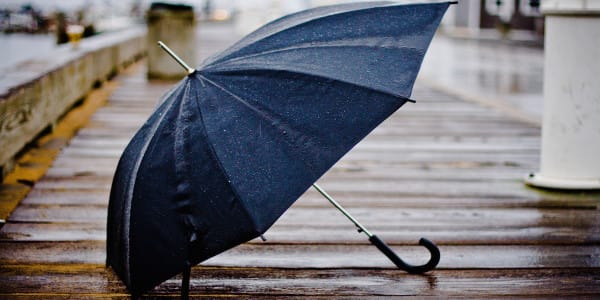In early 2015, the White Lodging Services Corporation, a franchisee of hotels including Marriott properties based in Indiana, reported a seven month long cyber breach. It’s every hotel owners worst nightmare. Following a malware issue they believed had been corrected, the point of sale systems for food and beverage locations at 10 properties were insecure and fell victim to a cyber breach. The names, credit card numbers, expiration dates, and security codes from credit card purchases were obtained in the breach. The company was not completely blind to the need for security measures. They believed they’d handled the malware issue in 2014 appropriately, by contracting with a third party security vendor. Unfortunately, it wasn’t enough to stop the data breach that affected countless guests and customers who had stayed on one of their properties. Hotels are at a greater risk of data breaches and other cyber-related attacks, which makes having the proper insurance coverage in place all that more important.
CYBER RISK AND DATA BREACHES AT HOTELS
Thanks in part to a high dependency on electronic processes, computer networks, third party sites and vendors, as well as mobile transactions, the risk of having your hotel’s information stolen and your security breached is higher than you may think. With the amount of data collected from hotel customers, hackers and thieves almost can’t help themselves. For hotels, a data breach comes with a high cost:
- Notifying everyone in your database – all past, current, and future guests who’ve had their information entered into your system
- Providing potential victims with credit monitoring services for a specific period of time
- Lawsuits
- Loss of reputation and business
Precautions You Can Take to Protect Against Data Breaches There are plenty of things you can do to protect your hotel and your guests from a breach. Make sure data safeguards are in place with your internal systems. Know and understand the security procedures for any third party vendor you use and work with. Follow standard hiring practices to guard against internal problems from dishonest employees. No matter how much you protect your hotel, a data breach is still possible. Cyber liability coverage will protect you, your hotel, and your guests if (or when) data is stolen and your customers are put at risk. This coverage offers very specific protections that become costly in a breach:
- Notifying customers
- Credit monitoring
- Forensics to find the cause and/or those responsible for the breach
- Coverage against third party liability
These issues aren’t covered in a basic general liability policy. You’ll need to have an additional rider or policy to include coverage for data breaches and any other cyber liability. If you’re worried about the additional cost, try to imagine what it would cost to properly notify every single person who’s ever stayed at your hotel that their information may be compromised. Doesn’t seem so bad now, does it? Here at Charlotte Insurance, we want to see your business grow and thrive for many years. In order to do that, you must protect yourself from the very real risks of doing business, one of which is the threat of a data breach. When you’re ready to look at additional coverage for your hotel, or if you just have questions about your current coverage, contact us.






